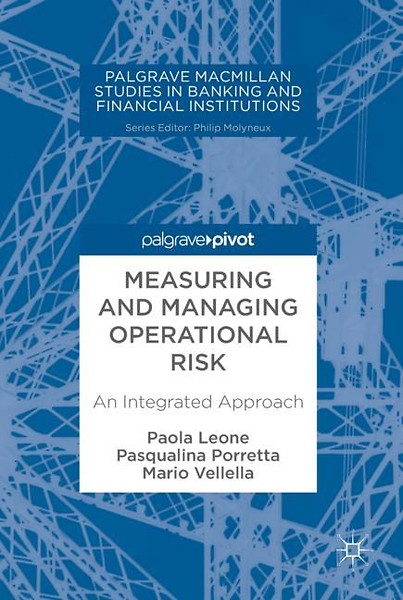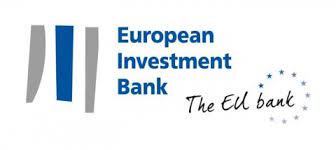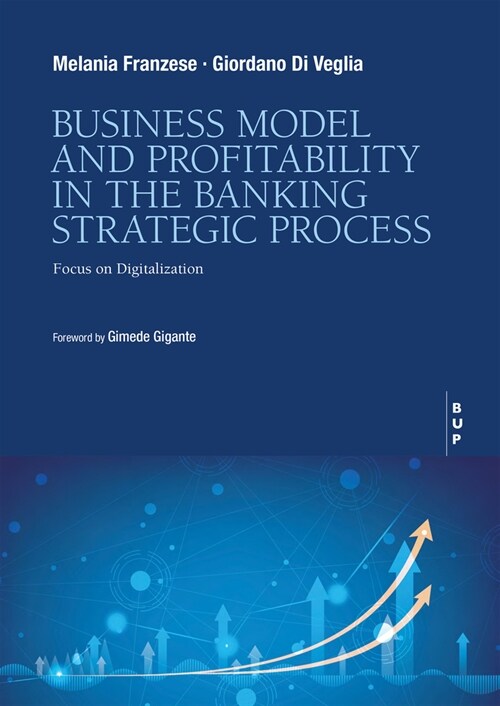The Financial Conduct Authority (FCA) has published the latest step in its response to the concerns identified through its asset management market study. This is part of a package of remedies to ensure fund managers compete on the value they deliver, and act in the interests of the millions who entrust them with their savings. It includes: Final rules following a previous consultation, focused on the duties of fund managers as the agents of investors in their funds and a consultation on proposed rules and guidance, focused on improving the information that investors get about funds.
Gone are the days when organisations could simply promise a speak up culture. Today, fostering a culture of trust, integrity, and a positive work environment…
Download whitepaper














This book covers Operational Risk Management (ORM), in the current context, and its new role in the risk management field. The concept of operational risk …
Continue reading…